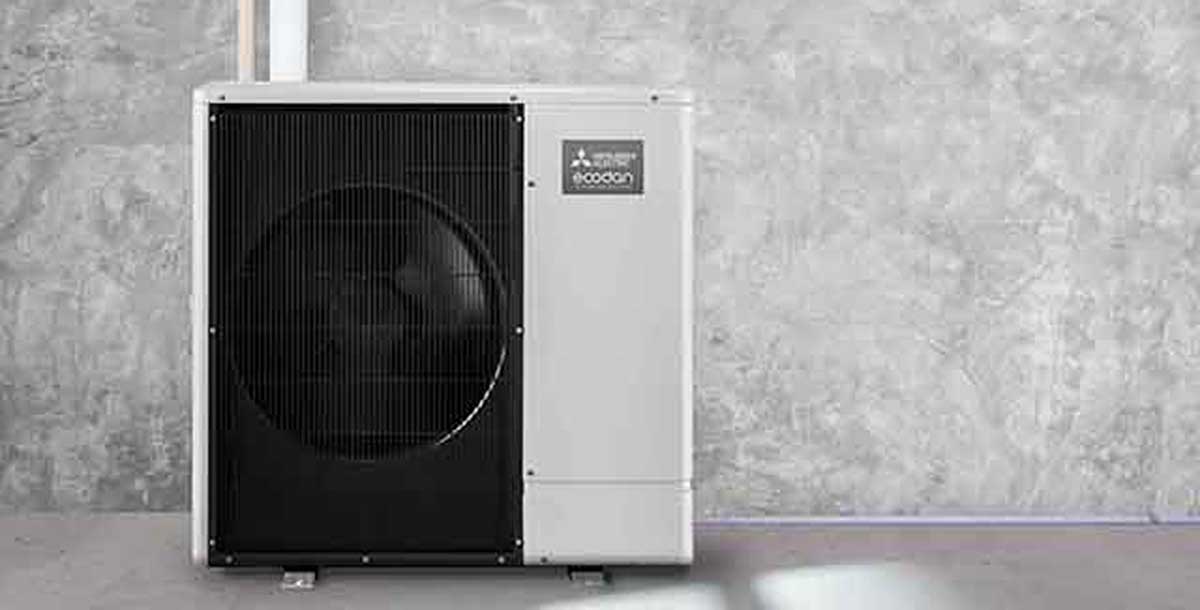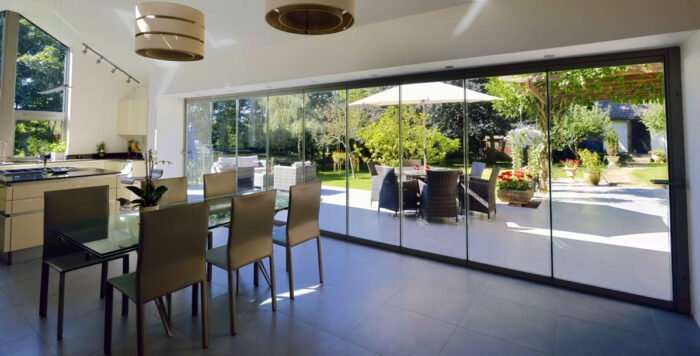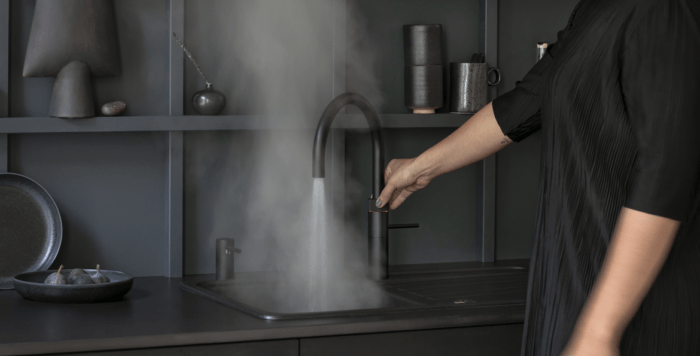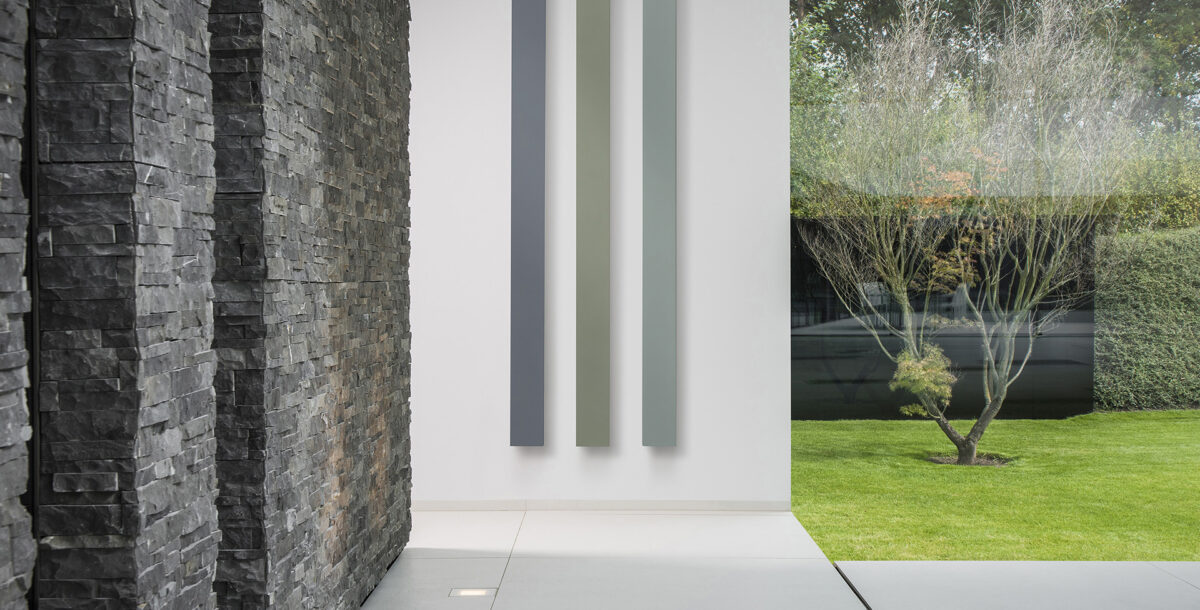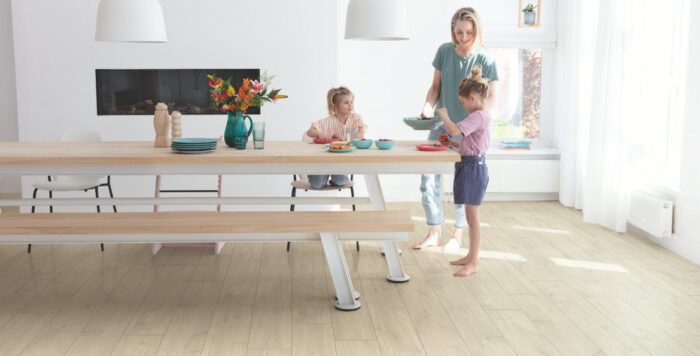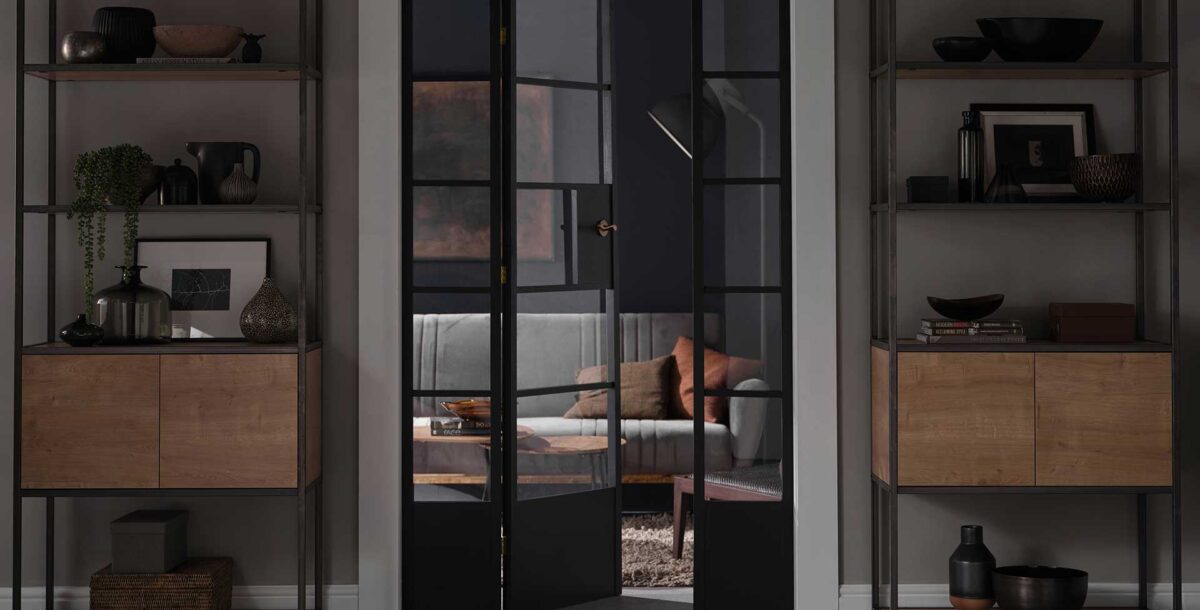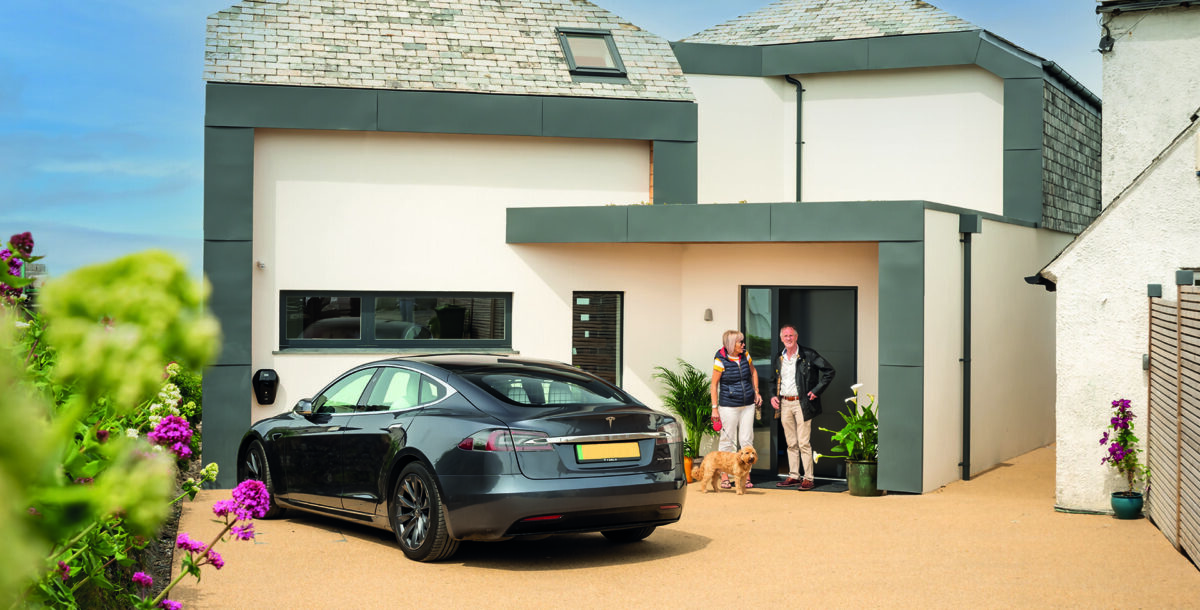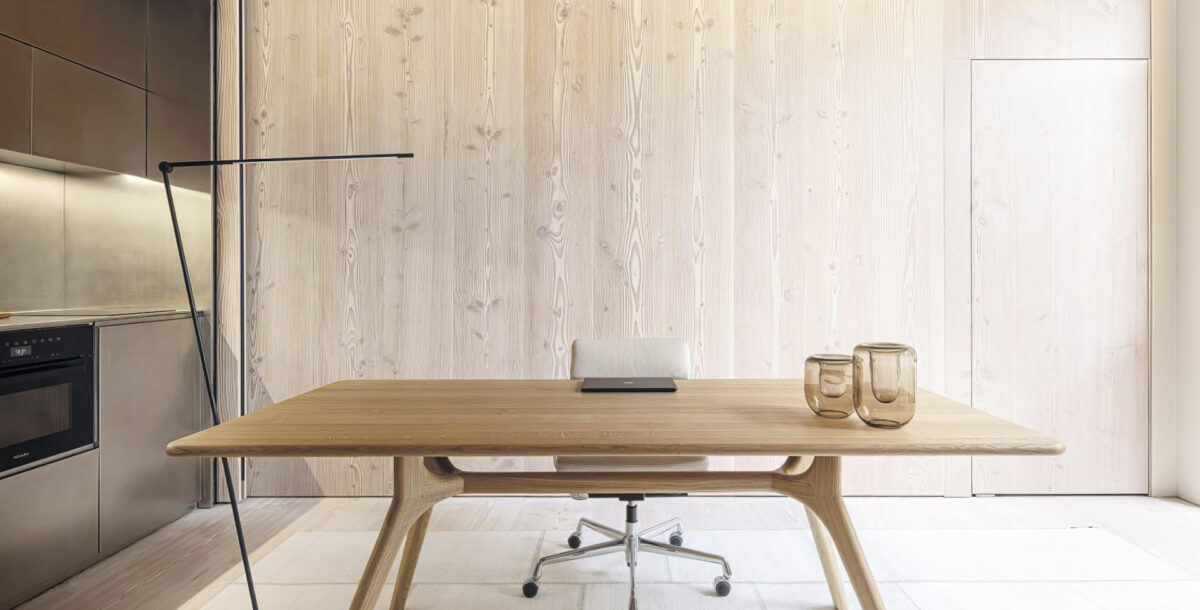Can my house have a heat pump? Use this simple test to find out
Worried whether your house will get warm with a heat pump? Here's a simple test you can follow.
Clean and efficient to use, heat pumps have a lot of advantages over gas boilers and other heating systems. With the government offering up to £7,500 towards installation of one, cutting the cost you have to pay for a heat pump installation, the main question is, can my house have a heat pump?
For the most part, pretty much every home can physically have an air source or ground source heat pump installed. The question is more whether or not a home is suitable or not and whether a heat pump will be sufficient to keep it warm. Fortunately, there’s a simple test that can help you work out whether or not one will work.
The test: turn your boiler temperature down
Central heating causes the most concern for people seeking a heat pump. In other words, people worry that a heat pump will keep their homes warm. This is because the main difference between a heat pump and a boiler is the output temperature. Gas boilers are designed to output very hot water, which will heat a home quickly; heat pumps deliver lower flow temperatures but are more efficient. Although gas is much cheaper than electricity, heat pumps cost a similar amount to run as a gas boiler.
While boilers can output a consistent temperature, heat pumps will generally be capable of outputting a flow temperature of around 50°C without too much trouble. However, some can go considerably higher at the expense of efficiency. A typical boiler will be set to a flow temperature of around 70°C, making them around 20°C hotter.
To see if your home is suitable for a heat pump, you can simply turn the boiler flow temperature of your boiler’s heating system down to 50°C. Do not turn down the temperature of the hot water, particularly if you have a hot water cylinder; hot water needs to be stored at a specific temperature to kill bacteria.
As the cold weather sets in, you can see if your home will still hit the temperature you have set on the thermostat. Your home will take longer to warm up with lower flow temperatures, but you’ll save money using less gas to heat water to lower temperatures. If your home is doing fine, it’s worth dialling the temperature down a bit: 40°C or 45°C.
At this point, your home’s radiators and underfloor heating are running at temperatures similar to those that a heat pump would provide. If your home is warm, then a heat pump will most likely do the job for you; if your home does not warm up, then it’s not game over yet, as there are options.

Insulation and draft proofing – should you upgrade to a heat pump now?
Warming a home more slowly works best when a house is well insulated with few drafts. Well-insulated homes release heat more slowly; a drafty house can lose heat faster than it is pumped in. In short, insulated homes are better suited to heat pumps than old, drafty homes. Upgrading insulation and fixing drafts can make a home better suited to a heat pump, as well as reducing running costs.
Robert Tiffin, a thermographer, retrofit coordinator and director at Eco Tiffin, agrees that insulation is the best place to start when it comes to making homes more energy efficient: ‘Heat pumps are a great invention and they are more sustainable, but clients aren’t really aware of the extent of the work that needs to be done.’
Once the costs involved and the timeline becomes clear, Robert finds that many clients decide to improve their insulation instead: ‘With an existing building from the 1990s or older, you can reduce the gas demand by 50% relatively easily with insulation. The average energy bill, before these price rises, was about £1,200 pounds a year, so if you can knock that in half to £600 pounds [by insulating], then you’re talking about serious savings.
‘And then, at a later date, when you can afford it, install a seven or 10 kilowatt heat pump, which will reduce that gas demand even more.’
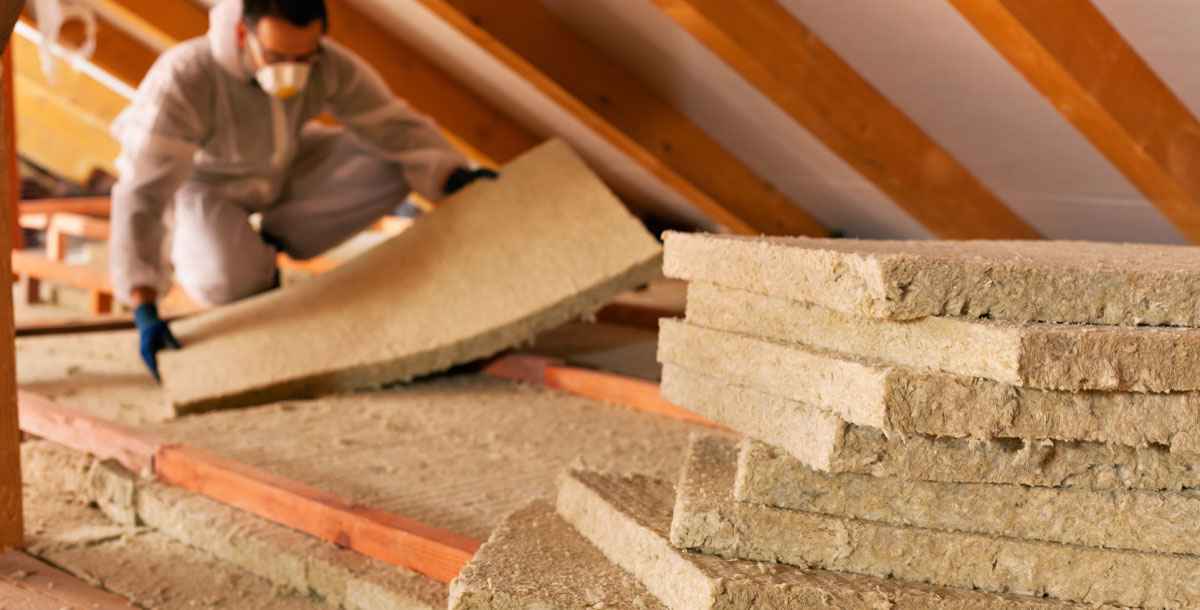
Fit bigger radiators
Small radiators run at high heat are fine for gas boilers, but for heat pumps, you may need modern radiators with a larger surface area. The test above will help you work out if your radiators are up to it, and you can further fine-tune the test by using a portable thermometer to measure the temperature in each room. Just make sure that thermostatic radiator valves are set to maximum.
Rooms that hit temperature will likely have the correct-sized radiators; those that don’t may do better with larger radiators.
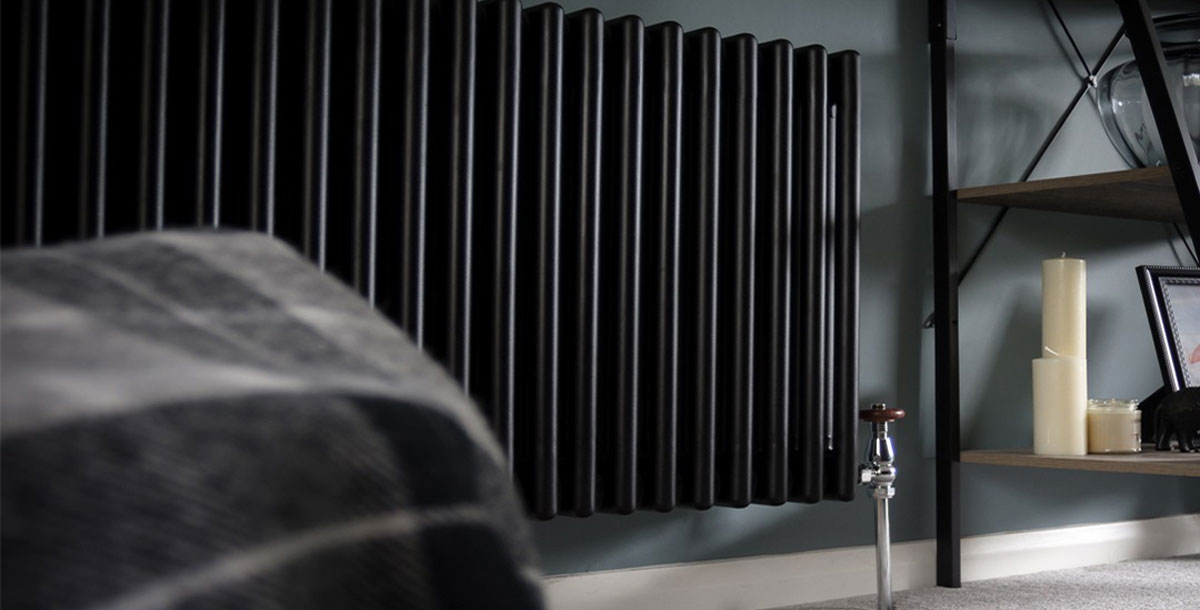
What about underfloor heating?
If you have a wet underfloor heating system that’s working, then it will work with a heat pump. Wet underfloor heating systems use a blending valve to reduce the temperature of the water pumped into them. As such, they run at much lower temperatures than radiators and are ideally suited to being operated by a heat pump.
Like larger radiators, underfloor heating uses a larger surface area at a lower temperature to bring a room up to heat.
What about hot water?
Heat pumps require a hot water cylinder for water storage, which should be set to keep water at between 60°C and 65°C to kill bacteria. To do this, some hot water tanks will use the heat pump to heat the water to one temperature, say 55°C, and then use an immersion heater to complete the job.
In most cases, you’ll need a new hot water cylinder and one that’s compatible with a heat pump; a larger coil is generally needed to heat the water.
Talk to your installer
Heat pump installers are au fait with all of the challenges of installing heat pumps, and will be able to help you find out if your home is suitable and which, if any, upgrades you require. Installers will also be able to size radiators properly to work with your home, as well as helping pick the right-size heat pump for your house. With all of this information, you can get a proper price for installing a heat pump, plus the upgrade works at your home.

